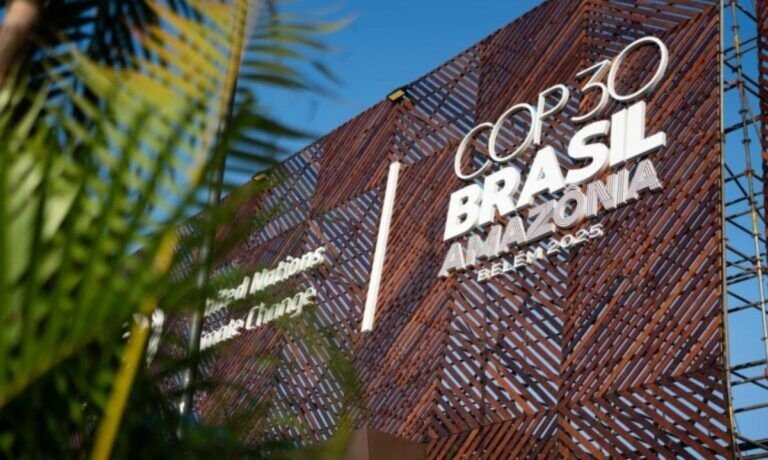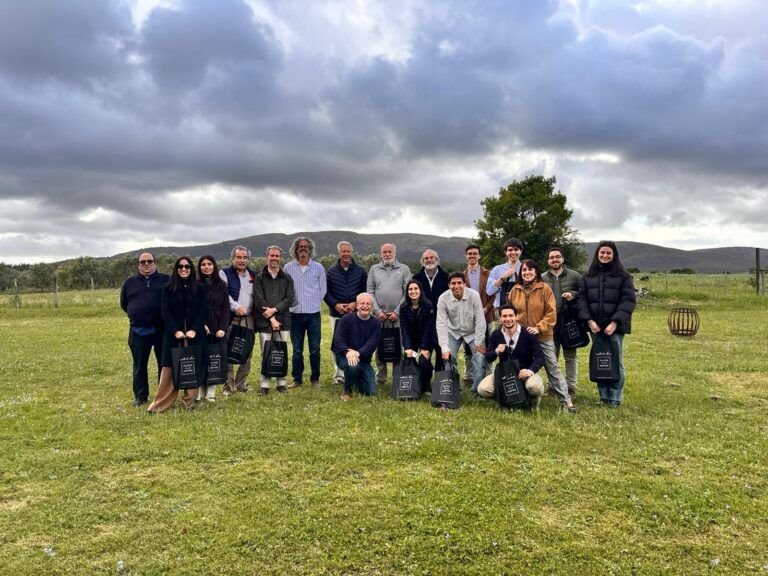The Argentine Forum of the Group of Southern Producer Countries (GPS) signed an Institutional Cooperation Agreement with the Argentine Agroindustrial Council (CAA), with the aim of strengthening collaboration between the two entities in the face of the growing international challenges facing the agrifood sector.

The agreement was signed by Alberto Morelli, Coordinator of the GPS Argentina Forum, and Gustavo Idígoras, President of the CAA, consolidating a strategic alliance that seeks to coordinate capabilities and strengthen joint initiatives.
The Argentine Agroindustrial Council represents agroindustrial economies throughout the country, with a strong federal presence. It is comprised of more than 60 chambers and institutions that make up the extensive network of the agroindustrial value chain, giving it significant representation to promote proposals aimed at the country's export development.
The Letter of Agreement establishes a framework for cooperation that provides for:
- The exchange of information, publications, and technical data relevant to the analysis of agro-industrial policies.
- The joint organization of seminars, workshops, forums, and talks that promote the discussion of global trends and challenges.
- The development of studies and analytical documents, focusing on competitiveness, sustainability, and innovation.
- Joint participation in research projects, public advocacy, and policy formulation related to agriculture.
- Collaboration on international positioning initiatives, strengthening the sector's voice in global markets.
GPS views the signing of this agreement as a key step toward expanding evidence generation, disseminating good practices, and promoting sustainable production systems. For the CAA, it represents an opportunity to strengthen its role in federal agroindustrial development, combining efforts to improve competitiveness and strengthen the international integration of Argentine agribusiness.

With this alliance, GPS and the CAA reaffirm their commitment to connecting the public, private, and academic sectors, promoting joint solutions to the global challenges of agri-food systems and contributing to the Southern Cone's strategic positioning in terms of trade, sustainability, and food security.



